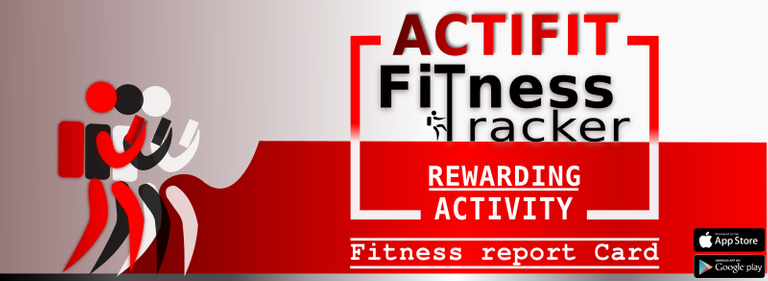
It's not possible to be 100% efficient all the time. We all have a limited amount of energy for making conscious, right choices before our willpower fades. But, we can make it easier to make those choices by forming habits and setting up the right triggers to lower the effort needed. For example, setting out your jogging clothes the night before if you plan to run in the morning, or choosing a walk instead of forcing a gym visit when you're not up for it (As to keep the streak still going). It's all about arranging your life to reduce the effort of doing the right thing, so you can lead the life you want without constantly having to decide to act (and feeling bad when you don't achieve goals X, Y, Z).

Another key point is to plan for the 'average' you, not the 'perfect' you. Many of us picture a productive day as being 100% efficient non-stop, but that's unrealistic. Whether due to a tough day at work, personal issues, or just not feeling up to it, not every day will be perfect. So, set realistic goals that the average version of you can meet. This leaves room for extra achievements when you're more motivated, but also accommodates less productive days.

Taking small, consistent steps is often more achievable and less daunting than trying to make a big leap all at once. This approach yields the same result over time but with less stress. Missing a small goal one day, after meeting it on previous days, means you've still accomplished more than if you had set and missed a larger, single task. This embodies the principle of improving 1% every day.

The second major point is linking your goals to a higher purpose, which involves the concept of outcome-based habits versus identity-based habits. A great resource on this topic is "Atomic Habits" by James Clear. Essentially, setting a goal like "I will work out X times a week" isn't as compelling as seeing yourself as an athlete and aligning your actions with that identity. Similarly, aiming to "cook X times a week" is less effective than adopting the identity of a home cook. Outcome-based goals require more willpower because they focus on achieving specific results, whereas identity-based habits align our actions with our sense of self, making the change more profound and natural because it stems from an identity we wish to embody rather than just an outcome we aim for.

However, I'd caution against anchoring all your goals to someone else, like a partner or boss (i.e., an external source). It's admirable to want to improve for the sake of others, and you should pursue that, but it's important to ensure you're not just seeking their approval. This might feel like adopting an identity-based habit, such as "I'm a great husband, so I clean," but it could actually boil down to "I'll gain my partner's approval by doing X," which is outcome-based. If your motivation is tied to an external source and that source changes or goes away, your motivation might vanish too (This is fully me projecting, since I am a people pleaser myself, and this is something to safeguard). So, in my opinion, while it's fine to want to do things for others, ensure your habits are also rooted in who you want to be for your own sake, not just for external approval.

This report was published via Actifit app (Android | iOS). Check out the original version here on actifit.io








